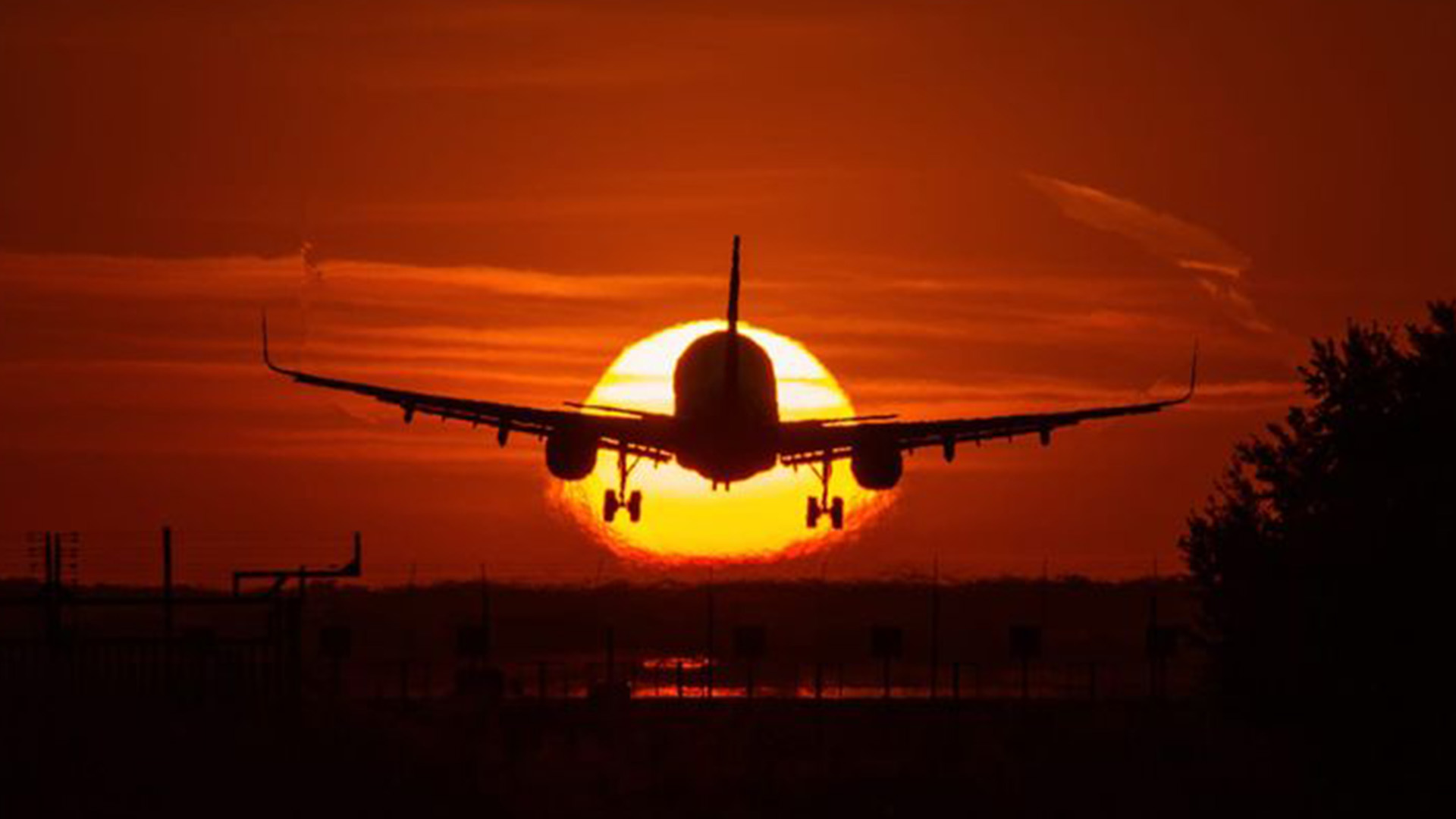Call Now: +91 77360 23040
What Makes an Aviation Institute Stand Out? Key Factors to Consider

29, Apr 2025
What Makes an Aviation Institute Stand Out? Key Factors to Consider
Choosing the right aviation institution is an important step toward pursuing an aviation career. With so many alternatives available, it can be difficult to determine which institute would provide the best instruction and prospects for your future. While all aviation colleges offer excellent education, some stand out for special reasons that contribute to their outstanding reputation and success in shaping the lives of aspiring aviators. Here's a closer look at the essential criteria that set an aviation institute apart:
1. Accreditation and Industry Recognition.
One of the first things you should look for in an aviation institution is accreditation. Accreditation assures that the institute adheres to industry standards for quality education. Institutes authorized by recognized aviation authorities or educational groups are more likely to offer training that meets international aviation standards. Industry recognition, such as agreements with airlines or worldwide aviation groups, demonstrates legitimacy and trust in the institute's curriculum.
2. Experienced and Qualified Instructors
The quality of the instructors has a significant impact on your training. The best aviation institutes hire instructors with substantial aviation experience, which includes both practical flight hours and instructional knowledge. Highly experienced instructors offer real-world expertise and hands-on experience to the classroom, improving the learning experience and preparing students for the difficulties of an aviation career. Look for institutes that hire teachers who have worked as pilots, air traffic controllers, or maintenance engineers in the past.
3. State-of-the-Art Training Facilities and Equipment
Aviation is a highly technical sector, thus training must be given with cutting-edge equipment and technology. The greatest aviation institutions invest in cutting-edge flight simulators, aircraft, and maintenance facilities, offering students an immersive, hands-on learning environment. Access to sophisticated equipment ensures that students receive the most current training, which is critical for success in the ever-changing aviation sector.
4. Comprehensive Curriculum and Specialization Options
A top-tier aviation academy provides a complete curriculum that includes not only flying instruction, but also aviation safety, air traffic control, aircraft maintenance, and aviation management. Institutes that offer specialist courses, such as those for commercial pilots, aircraft engineers, and aviation management experts, allow students to pursue their unique career goals. Look for well-rounded programs that include both theoretical knowledge and practical skills.
5. Internship and Job Placement Opportunities
Aviation institutes that work with airlines and aviation corporations offer important internships and job possibilities. Internships provide students with practical experience in real-world aviation situations, an important step toward a successful career. Institutes with significant industry links frequently provide job placement aid or cooperate with airlines to help graduates find work after completing their training.
6. Global Exposure and Networking Opportunities
Students in the aviation industry benefit greatly from global exposure. The greatest aviation colleges frequently feature international connections, student exchange programs, or partnerships with airlines and aviation organizations all over the world. This enables students to obtain experience in various aviation contexts, broaden their professional networks, and earn a competitive advantage when looking for work in the global aviation industry.
7. Student Support Services
Aviation training may be rigorous, both academically and physically. The best aviation institutes offer comprehensive student support services, such as academic counselingling, mental health help, and career guidance. These services assist students in managing academic demands and staying focused on their goals. Institutes that prioritize their students' well-being frequently provide a happy and supportive learning environment, which is critical for long-term success.
8. Safety Standards and Reputation
Safety is critical in aviation, and the best aviation colleges prioritize it at all levels of training. Look for colleges that have a great safety record and are dedicated to instilling safety standards in their pupils. Institutes with a solid industry reputation are regarded for generating well-trained, safety-conscious individuals who can handle the severe demands of the aviation field.
9. Affordability and Financial Aid Options
While aviation training can be expensive, better colleges provide financial aid or scholarships to help students manage their finances. Some institutes also provide flexible payment options or low tuition costs while maintaining high educational standards. It is critical to weigh the cost of training against the benefits you will receive in terms of quality, support, and job opportunities.
10. Alumni Success and Testimonials
The success of an institute's alumni can often provide insight into the quality of its programs. Researching the career pathways of an institute's graduates, particularly their current roles in the aviation industry, can provide information about the institute's training effectiveness. Testimonials from graduates or current students might also help you understand what to expect from the institute's learning experience and opportunities.
Conclusion
Choosing the right aviation institute is a critical decision that will influence your career in the aviation business. By taking into account these crucial factors—accreditation, experienced teachers, cutting-edge facilities, comprehensive curricula, and strong industry connections—you can make an informed decision that will lead to a successful and happy career in aviation. Remember that the greatest aviation colleges not only give outstanding instruction but also encourage professional and personal development.




